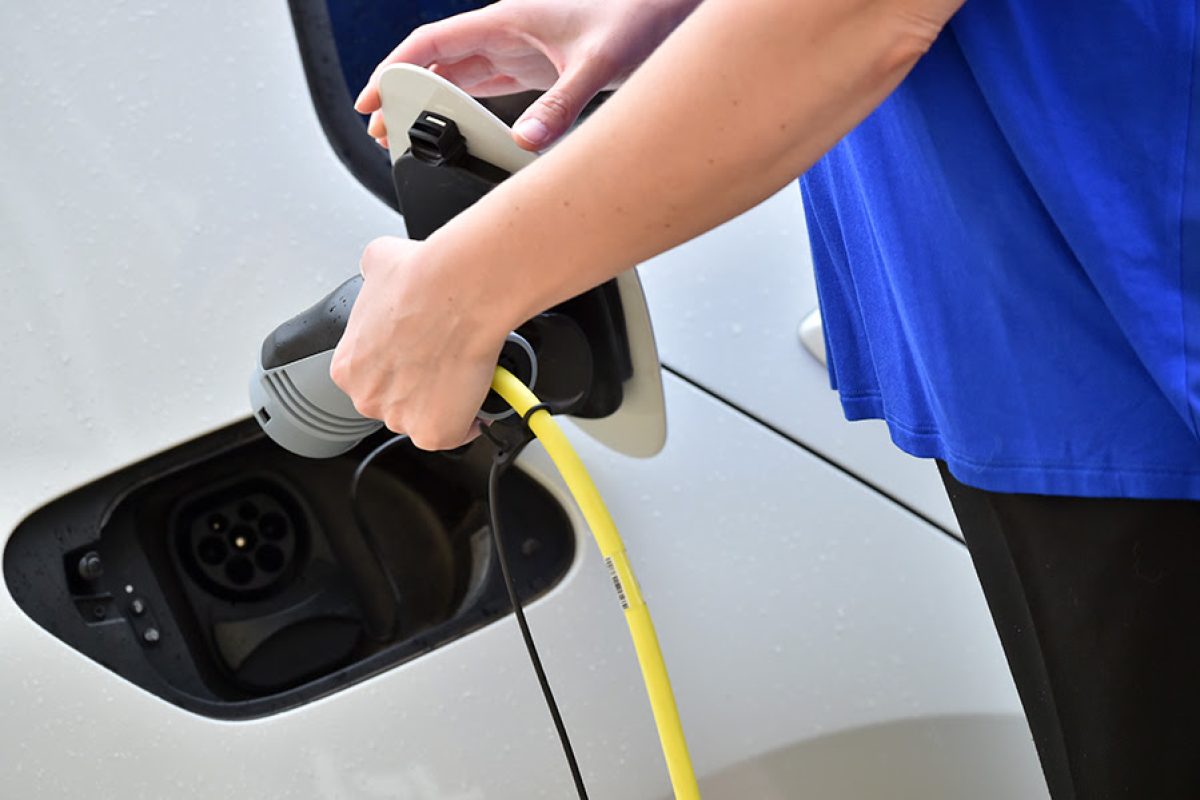ALMOST nine out of 10 (89%) of cars leased via Arval on salary sacrifice are now an electric vehicle (EV), an increase from just four out of 10 (39%) two years ago.
Over the same time period, the total number of cars provided using the sustainable mobility specialist’s salary sacrifice scheme, Arval Ignition, has risen by 252%. A figure that includes growth in terms of both existing clients and the creation of new schemes.
Richard Cox, Consultant at Arval UK, said that these rapid changes were being powered by a combination of factors but the most important driver was taxation.
“The single biggest reason behind the rise of the EV-centred salary sacrifice scheme in the last couple of years has been the introduction of zero and very low rate benefit-in-kind taxation rates, meaning that the latest, most advanced and environmentally-friendly cars can be offered to employees at extremely attractive monthly rates.
“In these circumstances, Ignition fits not just the needs of people who would like a company car and do not currently qualify for one, but also often employees who have taken a cash allowance option and are looking for alternative car provision. The level of interest being shown across companies we are working with is very high indeed and shows every sign of growing further as general awareness and acceptance of zero-emission EVs continues.
Appointed Representative Opportunities with Wessex Fleet
Have you thought about growing your broker business? Are you looking for opportunities for growth? Then why not consider joining Wessex Fleet as an Appointed Representative?
Keeping you on the move with leasing solutions tailored to your needs
Leasys is the proud Contract Hire partner of the Stellantis brands, offering mobility solutions from medium and long-term rentals to management systems for company fleets.We work with Brokers to support all their customers requirements.
Accelerate your business with QV Systems & Leaselink
Unlock unparalleled efficiency in vehicle procurement with QV Systems’ Accelerate, now seamlessly integrated with Ebbon Automotive’s Leaselink. Tailored for brokers and funders, this integration streamlines the entire process from quote to delivery, empowering you to effortlessly source and order vehicles for your clients.
“What we are seeing emerging is a definite future mobility role for EV-based salary sacrifice as a key element in a wave of new benefits initiatives that are designed to bring innovative options and ideas into play for employees, with only a very limited investment required by their employer.”
Cox said it was notable that, over the past year, employers using and adopting Ignition had been keen to ensure that their programmes weren’t interrupted by the coronavirus crisis, and that negotiations and implementation had continued during successive lockdowns due to the efficacy of the scheme.
“To us, this is one of the biggest strengths of salary sacrifice at this point in time – it provides a range of genuine advantages to employers and employees, with no real downsides or compromises, whatever the future brings. We expect that the interest we are currently seeing to continue into the remainder of 2021 and well beyond. While benefit-in-kind rates on EVs remain low, these schemes are extremely viable.”
A number of other pandemic-related factors had emerged that added to the attractiveness of Ignition, Cox said. “Among the most important of these is an ongoing reluctance by employees to use buses and trains for commuting and business trips, with an accompanying desire to instead switch into more environmentally friendly cars. Salary sacrifice is ideal for many people who find themselves in that position.
“Another factor to consider is that there is a strong possibility that this large-scale migration into cars will generate substantial grey fleet growth. Working to bring these drivers under Ignition, rather than them sourcing their own vehicle, represents a very effective solution for employers in these circumstances, enabling them to maintain awareness of the vehicles their employees use.”
He added that the speed with which electrification had taken place on salary sacrifice schemes showed how quickly EV adoption could occur in the right conditions.
“We have seen something similar occur on our own internal fleet. Since the implementation of our new, electrified company car policy in March 2020, the number of EVs driven by our eligible employees has increased rapidly and now accounts for 115 cars out of a total of 199.
“This has a real and measurable effect on our carbon footprint. Across the same time period, average CO2 across our fleet was 78g/km but it has now fallen to 37g/km.”



















